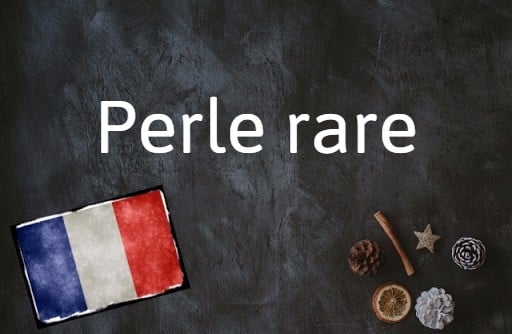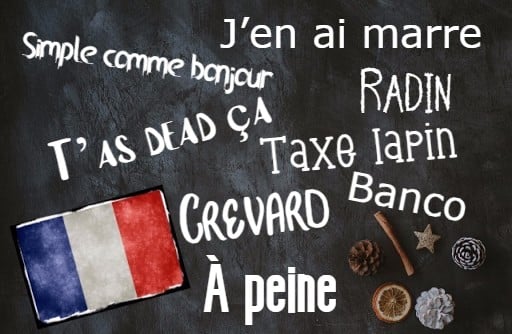Why do I need to know perle rare?
You can use it to explain that you’re not picky, you just have very high standards.
What does it mean?
A perle rare is, unsurprisingly, a rare pearl, but the expression isn’t limited to jewellers and auctioneers. Unless you spend a lot of time in those circles, you’re much more likely to hear it used figuratively.
The expression is a very common way of referring to a “rare gem” that you have found or are hoping to find – that thing which is better than all others.
It’s particularly useful when house hunting. Maybe you’ve seen lots of places that are okay, but you’re waiting for something to come along and knock you off your feet. In that case, you’re hoping to dénicher la perle rare – discover the rare gem.
But it can be used in many different contexts, and can even refer to a person, whether it’s a football club on the hunt for the next global superstar, or someone who’s met a real catch.
Use it like this
Cet appartement a beaucoup de cachet, c’est vraiment une perle rare – This apartment has lots of character, it really is a rare gem
Je voudrais déménager mais je n’ai pas encore trouvé la perle rare – I would like to move, but I’m yet to find my dream house
J’ai trouvé ma perle rare sur un site de rencontre – I met the one on a dating site



 Please whitelist us to continue reading.
Please whitelist us to continue reading.
Member comments